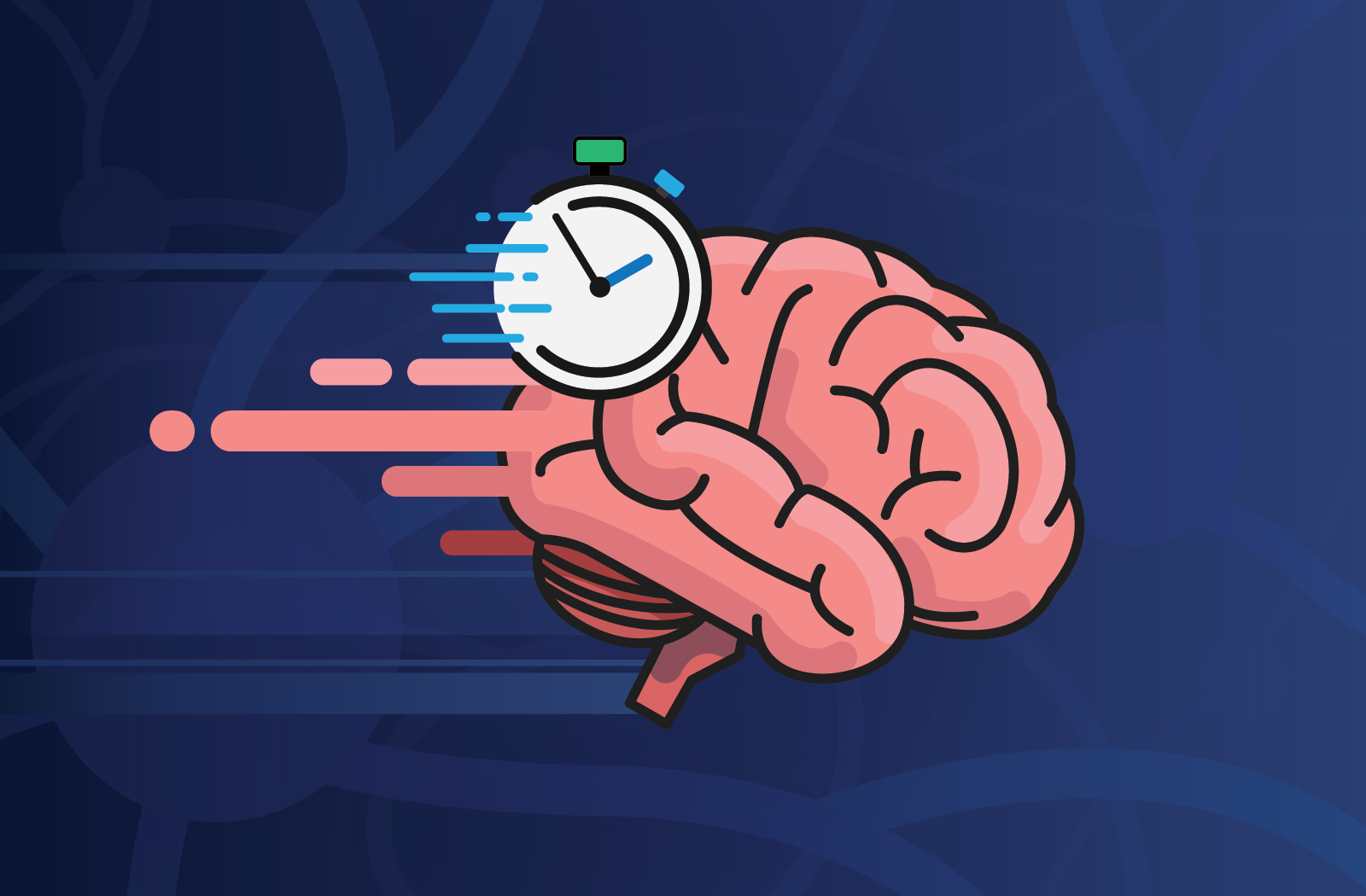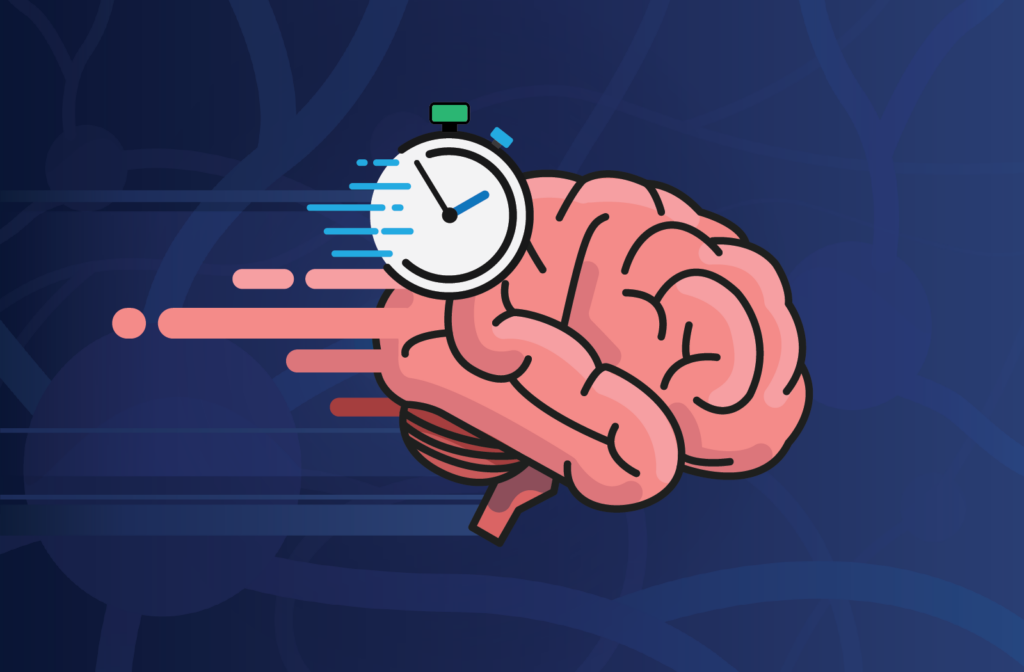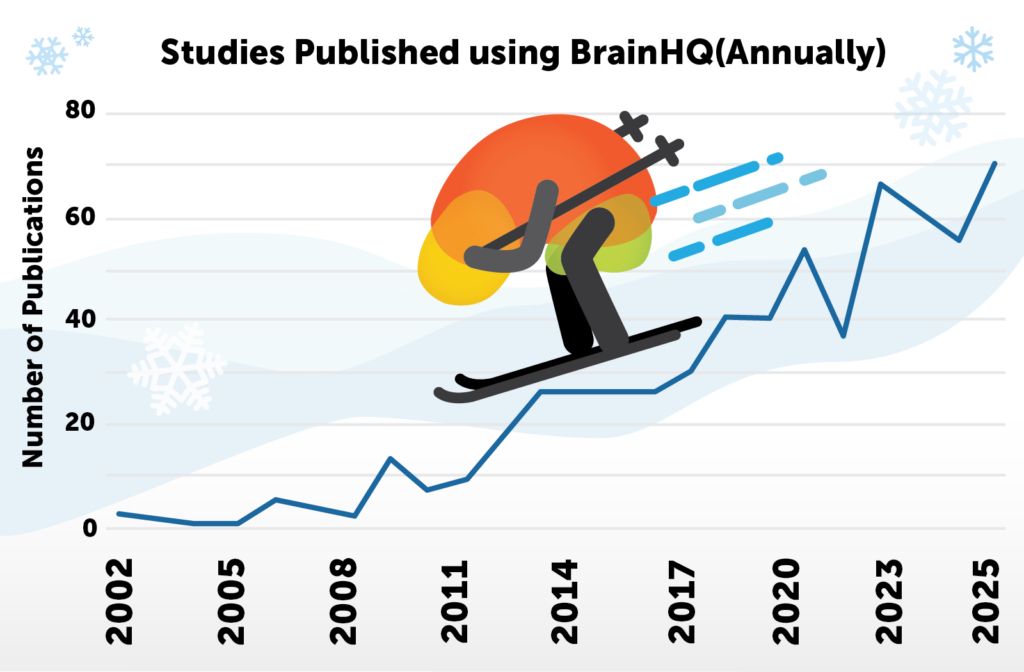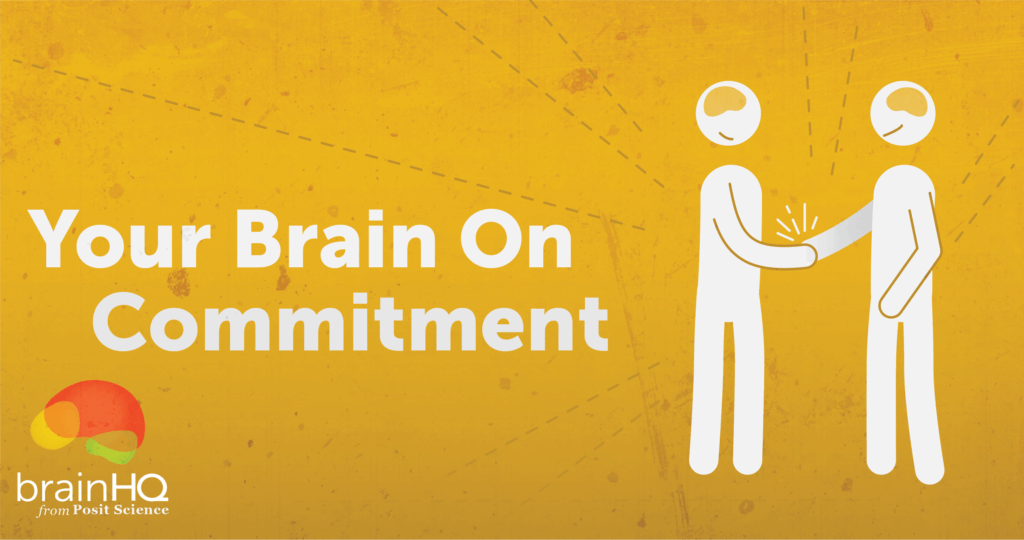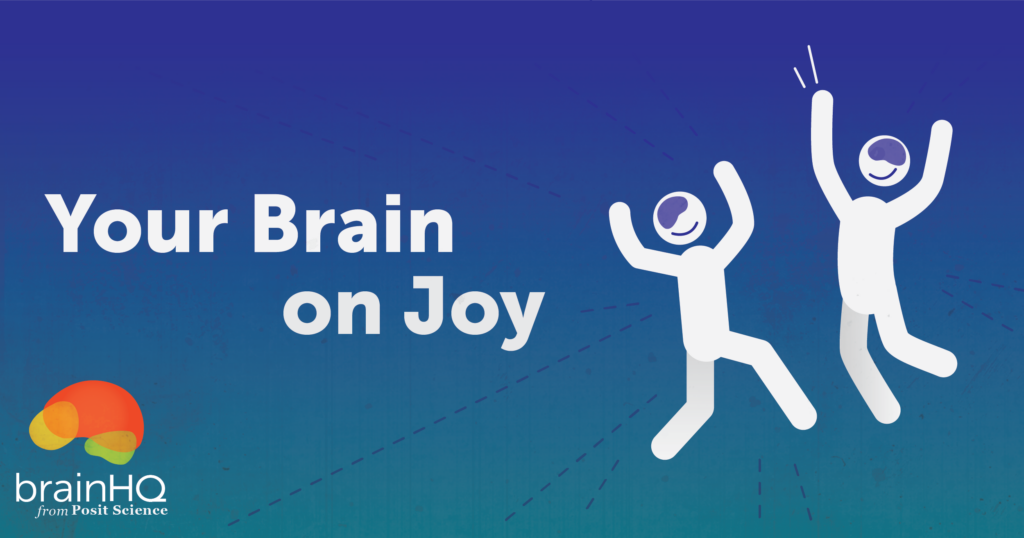A 20-year study published in February of 2026 has shown that one specific type of cognitive training can significantly reduce...
Read More
Featured
Brain Conditions
Your biggest questions about strokes, answered
Strokes are a serious medical emergency that can lead to brain damage. Here’s how they can affect your brain, and...
Read More
Is there a way to test for early signs of dementia?
If you’re worried your forgetfulness might be a sign of something more serious, it may be time to talk to...
Read More
Brain Health
How to protect your brain before, during, and after menopause
With menopause, the reproductive hormones estrogen and progesterone dip, which can cause mental and emotional changes. Here’s what to know...
Read More
Can you use scent to boost your brain health?
You may know that there’s a connection between smell and memory. But new research suggests that you can actually improve...
Read More
Brain Training
Your memory, only sharper: 5 ways BrainHQ can help train your brain
BrainHQ’s science-based brain-training exercises don’t just make you feel sharper. They can help you live a healthier, happier life.
Read More
BrainHQ members on why they use the brain-training program
Are you a prospective BrainHQ member? Here’s what current brain-training members are saying about the online program.
Read More
Brain News
ACTIVE Study 20-Year Dementia Results Draw Worldwide Interest
News coverage for the ACTIVE Study results in publications, websites, and stations.
Read More
Breakthrough: Training the Brain to be Faster Can Lower the Risk of Alzheimer’s and Dementia by 25%
A 20-year study published in February of 2026 has shown that one specific type of cognitive training can significantly reduce...
Read More
Latest
ACTIVE Study 20-Year Dementia Results Draw Worldwide Interest
News coverage for the ACTIVE Study results in publications, websites, and stations.
Read More
Breakthrough: Training the Brain to be Faster Can Lower the Risk of Alzheimer’s and Dementia by 25%
A 20-year study published in February of 2026 has shown that one specific type of cognitive training can significantly reduce...
Read More
A new study on aging is creating a buzz in the world of sports
The recent INHANCE neuroimaging study made headlines around the globe when it showed brain exercises in BrainHQ increased the production...
Read More
How an Avalanche of Science Buried Brain Exercise Skeptics in 2025
Brain training reached a turning point in 2025, after years of growing evidence snowballed into an avalanche of scientific proof....
Read More
Why 80% Fail at New Year’s Resolutions by Valentine’s Day…
It feels as though the new year has only just begun, yet most of us have already failed at our...
Read More
Your Brain on Joy
Tis the season of Joy. And, that’s a good thing for your brain. When you experience joy, the brain chemical...
Read More
INHANCE Study News Has Been Reported on Thousands of Sites and Stations
Here is a sampling of the INHANCE Study News from around the globe.
Read More

